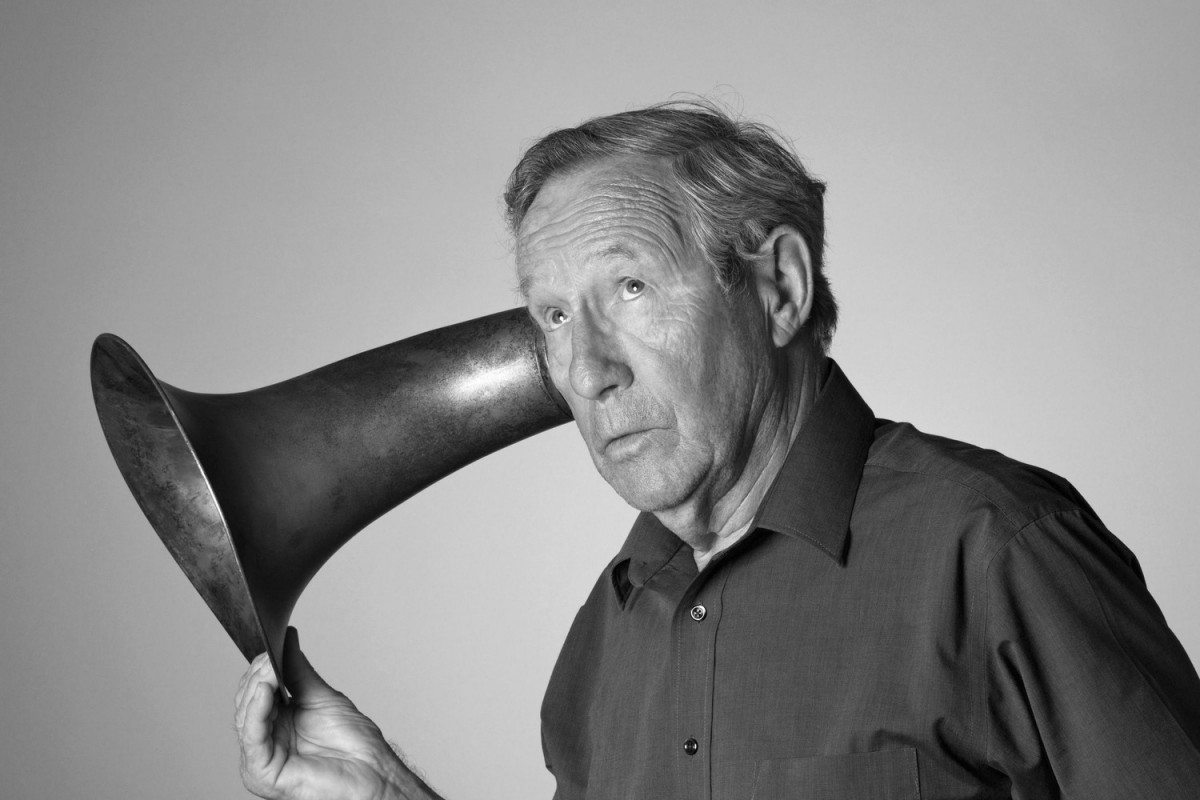
We have all heard of the term selective hearing. It is commonly understood that people, some more than others, can hear what they want to hear, when they want to hear it, and play deaf when it suits them.
However, I want to take this commonly accepted notion, and open it up to include other things, because I think the act of selective hearing sheds light on other very human traits.
Selective Attention
Most of us, unless we have chosen to avoid it altogether, are surrounded by people, things, happenings and events. We cannot take everything in at once, and so, smartly, we are able to select what we think is important to focus on at any given time. This is an incredible ability that we have, and it happens so quickly, that most of us are entirely oblivious to what we have done… yet, we do it all the time, especially when we are out and about in the world of stimulation. We also choose, what not to focus on, for whatever reason… repulsion or avoidance. We are separating the wheat from the chaff so to speak.
Some of us focus intensely, so as to exclude as many other variants as possible… this is the kind of focus, that is sometimes romanticised as passion, but is often better described as obsession. This reduced focus, can be acted out in a variety of ways, but the crux of it is to limit one’s encounters with variables [variables being people]. We all do this to some extent, especially when we are needing to recover from having been out in the world of stimulation. We recuperate by losing ourselves in smaller, more-limited worlds, such as cleaning, television watching, fishing, instrument playing or computer tinkering.
Others, like to keep their attention as flitting as possible, not letting it rest on anything for too long. This is what I like to refer to as intentional scattiness. See no evil…feel no responsibility. Again, we may all do this from time to time as it suits us, but, we are essentially using the survival skills that are built into us as human-animals.
Selective Memory
This is the process whereby we start editing the story of ourselves. We have already made decisions about where to be, and where not to be; about who to be with, and who not to be with…and we have paid attention to what has suited us. But, on top of this, we then chuck out a lot of stuff as we internalise the things we experience. We start whittling down the experiences in a way that sits best with our idea of ourselves, and how the world is around us. This is like an actor rehearsing their lines before going on stage…they might read the words out loud, or into themselves, or write them down in journals or blogs. These are the pre-stage preparations that help us get ready for the performance, which we hope to go smoothly.
Selective Telling
This is the externalising of the rehearsed lines…the performance. Once we have swallowed down the medicine of our own memories, as bitter tasting as they may be, we then start to reaffirm those memories, by repeating our now-edited accounts of the experiences that forged them. Every time we repeat the story, we repeat an incantation, by which we reassure ourselves that the world is the way we think it is, and we are who we think we are. We ask for the nods and approval of others around us, as we tell ourselves these stories. If they do not nod and approve, we distance ourselves from them…they are not our friends. Our friends nod. We say we want to be understood, but, we are really saying that we want to be understood in the way that we understand ourselves. If they don’t align, they don’t understand.
So, what am I getting at here with all this babble? I am suggesting that the popular account of the human experience, is one that turns a blind eye to the script, stage, curtains, makeup and lighting. We talk about ourselves and our lives, and the things that concern us, as if they were factual. Our desire to convince others of what we feel and how important those feelings are, lures us into evoking the name of Truth and Fact.
Behind the scenes there is so much going on, like a busy production room. Of course, this is not for public viewing, and for a lot of people it would ruin the performance. I am trying to say that we are all storytellers. We are all participant and active, in the story of our lives, even if the story we tell is one of helplessness, and hopelessness. Of course, the helpless and hopeless, would never want to admit that they have anything to do with the scripting of that particular play.
We are not the performance.
We are not just the performance.
We are the scriptwriter, the director, the actor, and the performance.
So, what kind of story are we telling?
